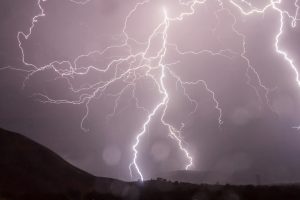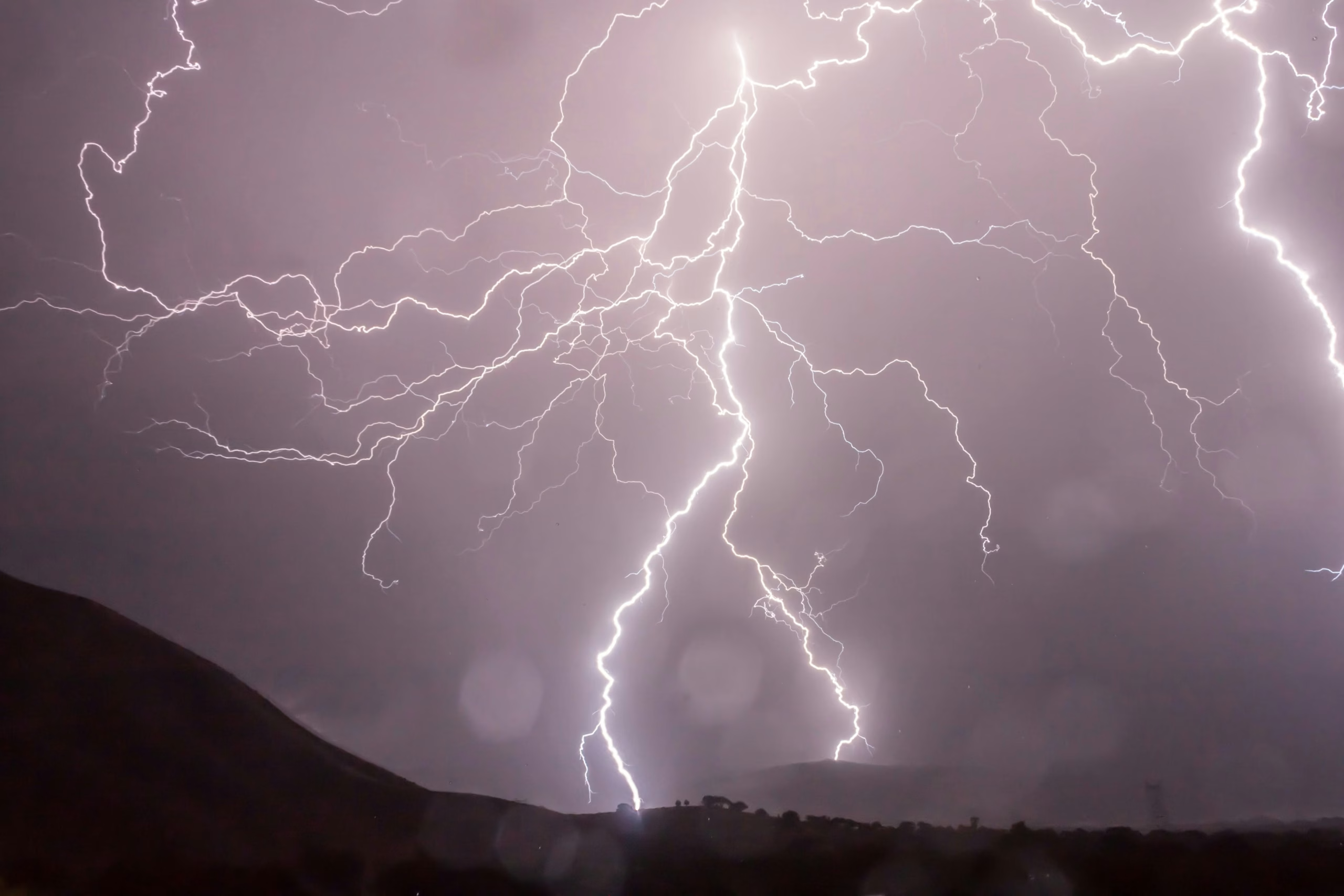
Stay Safe Out There: The Importance of Weather Awareness for Outdoor Adventures
When you head out for off-roading, camping, hiking, or even operating your amateur radio, one obstacle remains constant: the weather. Knowing what to expect can be the difference between a fun adventure and a dangerous situation. In this post, we’ll explore why keeping an eye out is so important and share some free, reliable resources to help you stay safe.
Why Weather Awareness Matters
Weather can change quickly, especially when you’re in remote areas. A clear day can turn into a stormy one before you know it. For off-roaders, unexpected rain can make trails slippery and dangerous. Campers might find that sudden wind or heavy rain turns a peaceful night into a challenge. Hikers can get caught off guard by fast-moving weather fronts, and amateur radio operators need to consider safety while staying in touch. Understanding your local environment’s weather patterns and being prepared can help you avoid many risks and make smarter decisions when enjoying outdoor activities.
Weather Safety Tips for Outdoor Activities
Our members love off-roading, camping, hiking, and many more outdoor activities. Here are some quick tips based on each of our favorite activities.
Off-Roading:
- Check the Forecast: Before you leave, look up the forecast for your route.
- Pack Emergency Gear: Bring extra water, a first aid kit, and a tool kit that includes items for unexpected changes.
- Plan Your Route: Know where you can take shelter if the trails get too bad for travel.
Camping:
- Set Up in Safe Areas: Avoid low-lying areas where water can collect.
- Layer Up: Bring clothing that can be added or removed to match the temperature.
- Monitor the Sky: Keep an eye on clouds and wind direction; these can be early signs of a storm.
Hiking:
- Start Early: Daylight is your friend. Start your hike early to avoid being caught out in the dark during a sudden weather shift.
- Stay Informed: Use an app on your phone or a portable radio to get updates.
- Know Your Exits: Be aware of your surroundings and plan a safe exit route if conditions worsen.
Amateur Radio Operating:
- Keep Updated: Changes in climate can affect safety, clarity, and your ability to communicate.
- Use Radio Alert Features: Use radios with alert features to stay informed, especially if you’re in an area prone to rapid changes.
- Prepare Equipment: Make sure your gear is water-resistant and have power sources ready for adverse conditions.
Free Weather Education Tools and Resources
When it comes to being informed, it doesn’t have to cost a thing. There are free resources available both online and in-person that can help you prepare.
- NWS SKYWARN
This is a volunteer program run by the National Weather Service (NWS) that trains people to spot and report severe weather. By joining SKYWARN, you can learn how to recognize dangerous weather conditions and share real-time information with local weather authorities. - Severe Weather 101
Since 1962, The NOAA National Sever Storms Lab (NSSL) has been committed to improving our knowledge of severe weather and developing new tools to better forecast & warn of hazards. - COMET MetEd
The MetEd website provides free education and training resources to anyone interested in learning more about meteorology, weather forecasting, and related geoscience topics.
Conclusion
Being aware of the weather isn’t just about planning for sunshine—it’s about protecting yourself and your loved ones when you venture into nature. Whether you’re off-roading, camping, hiking, or operating your amateur radio, taking a few minutes to check the weather can save you a lot of trouble later. With free programs like NWS SKYWARN, you have all the tools you need to stay safe and enjoy your adventure to the fullest.
Stay informed, plan ahead, and remember when you know how to read the signs, it’s easy to stay safe.

